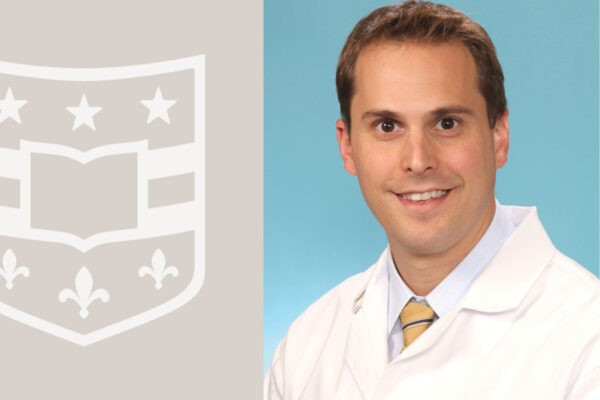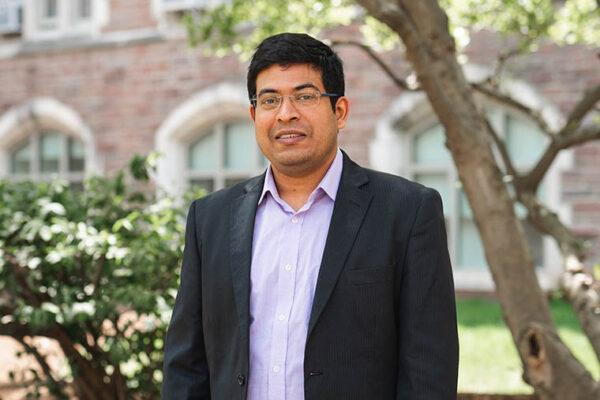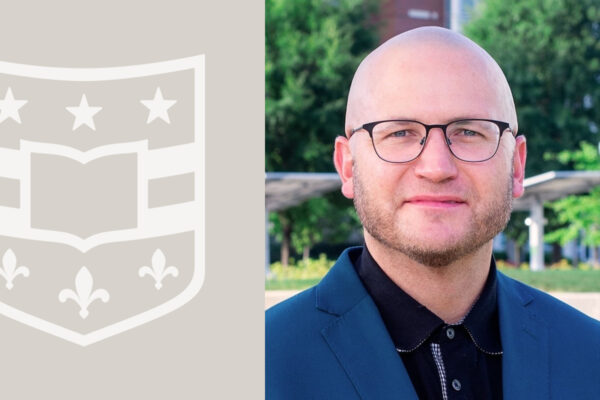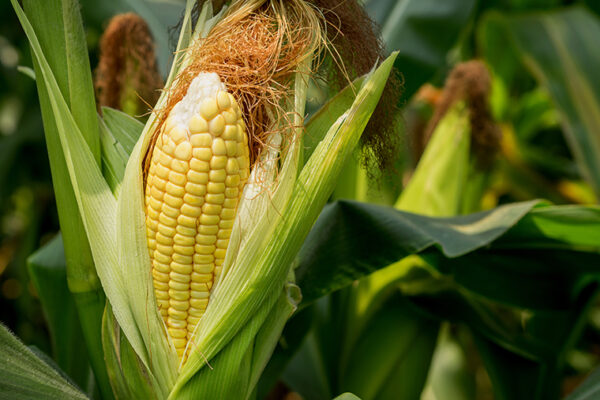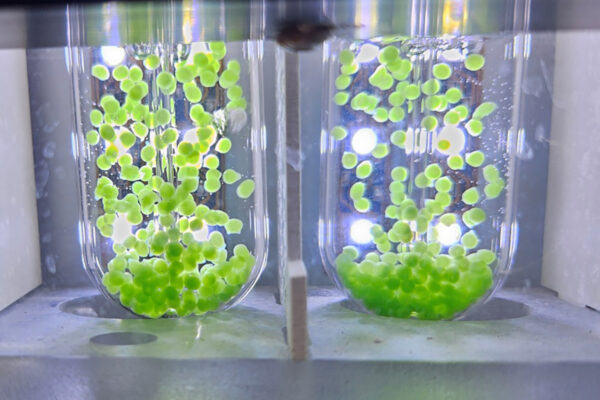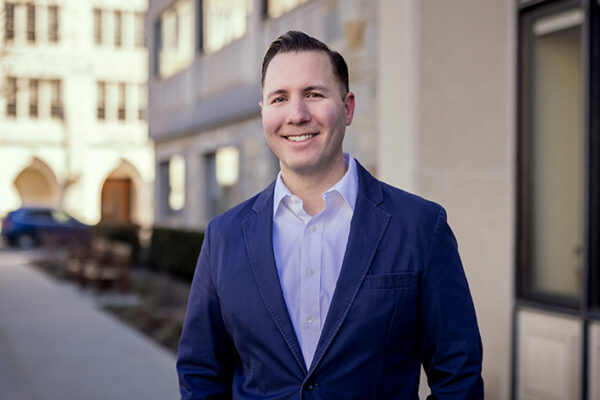Lavine receives grant to study congenital heart disease
Kory Lavine, MD, PhD, the Alan A. and Edith L. Wolff Professor of Cardiology at WashU Medicine, has received a $600,000 grant from the Additional Ventures Foundation — an organization that funds research into congenital heart disease — to study hypoplastic left heart syndrome.
Physicist Dev awarded Humboldt research fellowship
Bhupal Dev, an associate professor of physics in Arts & Sciences, will analyze possible neutrino interactions with dark matter at the Mainz Institute for Theoretical Physics in Germany.
WashU Medicine funded to develop new postdoctoral training program
Burel R. Goodin, a professor of anesthesiology at WashU Medicine, has received more than $3 million from the National Institutes of Health (NIH) to support postdoctoral training.
Ancient maize genomes help chart corn’s journey into eastern North America
The path maize took to reach eastern North America has long been debated. A new study in the journal Cell, co-authored by Gayle Fritz in Arts & Sciences, provides clear evidence that maize traveled across the Great Plains from the Southwest.
Researchers aim to develop space biomanufacturing
Researchers at Washington University are working to develop an anaerobic digestion process using cyanobacterium to grow food in space.
Data processing at the speed of light
Photonics researchers at Washington University received a federal grant to overcome a data processing bottleneck with integrated photonics.
WashU researchers named to ‘highly cited’ list
Clarivate, an analytics company, named 47 researchers from WashU to the Highly Cited Researchers 2024 list. These scholars represent a wide variety of disciplines, including environment and ecology; immunology; neuroscience and behavior; and social sciences.
Lateef wins grant to study Afrocentric strengths in Black youth education
Husain Lateef, assistant professor at the Brown School, has been awarded a two-year, $49,821 grant from the Brady Education Foundation to study the influences of Afrocentric cultural strengths in Black youth education.
Grant supports resources for the brain imaging community
Adam Eggebrecht, an associate professor of radiology at WashU Medicine, received $4 million from the National Institutes of Health (NIH) to disseminate powerful cloud-based resources to the brain mapping community.
Halvorsen awarded travel grant to Karolinska Institute in Stockholm
Cal J. Halvorsen, an associate professor at the Brown School, has been awarded a visiting scholar grant to spend 10 weeks at the renowned Karolinska Institute in Stockholm in summer 2025.
View More Stories
